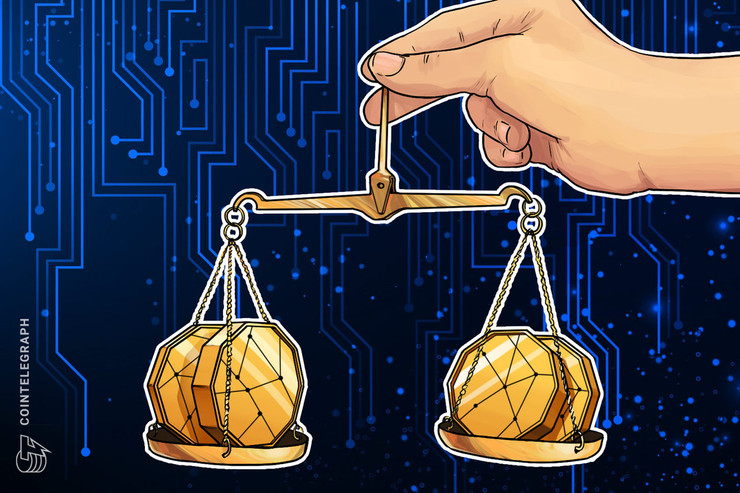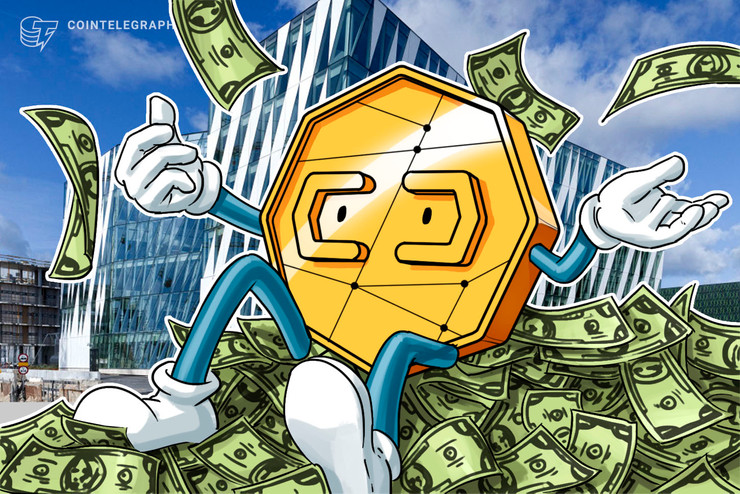16
News related to Crypto / Venezuela’s Struggling Internet Could Make Crypto Trading Tough
« on: March 29, 2020, 01:37:30 AM »
The global coronavirus lockdown has put a strain on Venezuela’s internet, which could logically make crypto participation difficult.
As much of the world hunkers down in quarantine, people logically turn to internet-based services for work, as well as a way to pass the time. This mass movement has put significant stress on available data usage capacities in Venezuela, Movistar told Bloomberg for its March 27 article.
A daughter company of Telefonica SA, Movistar is the nation’s main telecom provider.
Global precautions cause global strain
In an effort to prevent the spread of the coronavirus pandemic, much of the globe presently sits quarantined in a single location.
Within the first seven days of a shelter-in-place movement, Venezuelans have pushed the country’s less-than stellar internet capacities to the limit.
“All this in a network that was already operating at maximum capacity,” Movistar Venezuela’s president, Jose Luis Rodriguez Zarco, explained on March 20, via a note to customers, as reported by Bloomberg. The president noted the provider’s vital role in the food and health sectors.
Internet strain could mean crypto difficulties
Javier Valero, a Caracas-based attorney, has faced significant difficulties during his recent home-based work. “My Internet cuts off all the time — I’m either late or I hear half of what’s being talked about” in conference calls,” Valero told Bloomberg. “It’s so slow it’s tragic.”
As the crypto space is largely an internet-based industry, digital asset trading and usage might logically become difficult for Venezuelans.
After 10,000,000% inflation, citizens flocked toward crypto. July 2019 showed record Bitcoin volume numbers coming from the country. The current internet strain could possibly now make such usage more difficult.
Venezuela also hit the news earlier this week as a number of the nation’s brass faced a slew of criminal charges, including narco-terrorism.
Source: https://cointelegraph.com/news/venezuelas-struggling-internet-could-make-crypto-trading-tough



 Latest news:
Latest news: 





 Shop
Shop













